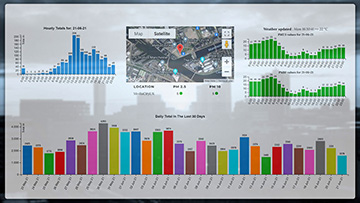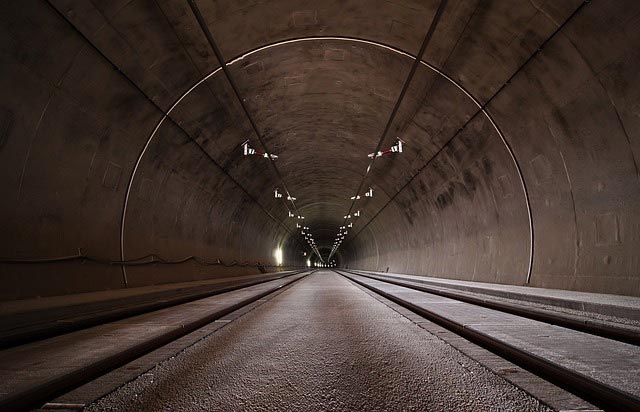Data Acquisition and the Smart City: A Connected Future
A smart city integrates advanced technologies into the fabric of city operations. It is essentially an urban area that utilises a network of interconnected devices, sensors, and data analytics platforms to optimise resource management, improve services and enhance the overall quality of life for its residents.
At the heart of a smart city lies data acquisition, the process of gathering information from various sensors and sources. This data, ranging from footfall to energy consumption, is then analysed and transformed into actionable insights that inform decision-making and shape the city's operations.

The role of data acquisition in smart cities
Data acquisition is used to monitor and manage various aspects of a city, such as traffic, air quality and infrastructure condition.
Air Quality Improvements
Sensors using the latest generation of laser particle counters are reporting levels of harmful particulates in the air at locations around cities. Particulate matter (PM) has been shown to have the greatest health impact of all measured air pollutants. Systems also monitor temperature, wind speed, humidity, nitrogen dioxide and other parameters. The small size and ease-of-installation means many monitoring points can be placed around the city - mapping air pollution black spots. Analysing data over time helps cities raise air quality and improve the health of the population.
Traffic Management
Vehicle counting and classification software analyses video streams to collect data on vehicle movement and congestion. The data can be used ultimately to reduce travel times and minimise pollution. Similarly, footfall around the city is monitored.
Infrastructure Monitoring
The condition of bridges, roads and other critical infrastructure are continually assessed to prioritise maintenance and upgrades, ensuring their safety and reliability.

Privacy Concerns
Collecting data in this way can cause concern about privacy and security. Care must be taken not to identify any individuals and people's privacy should be paramount. The methods used to collect data need careful scrutiny. For example, collecting Wi-Fi probe request signals from people's smartphones has many privacy implications as it almost always involves processing personal data.

A person's phone regularly sends a request to nearby networks to see to which it can connect. These probe requests contain data about all the networks the phone has previously found. This means that details of all the physical locations that the person has been to can be accessed. Linking this with other data means enables a person's identity, home address, workplace, travel habits and so on to be deciphered.
Cities must implement robust data privacy policies and ensure that their systems cannot identify any individual.
Building Trust
Building public trust in data collection and usage is important for ensuring responsible and sustainable smart city development.
Cities can establish mechanisms for citizen feedback and provide clear explanations of data collection practices. It's useful to adopt a transparent approach to data collection, providing clear information about the types of data gathered, its intended use and data retention policies. Open data initiatives can give citizens non-sensitive data for analysis and research.
The Future of Data Collection and Smart Cities
The potential for smart cities to transform urban life and create more sustainable and resilient communities is only beginning to unfold.
Collaboration between cities and technology companies can accelerate the development and deployment of innovative data collection and analysis solutions, leveraging the expertise and resources of both sectors.

Open data initiatives and standardised data formats facilitate data sharing between cities, enabling them to learn from each other's experiences and develop interoperable smart city solutions.
Bringing together city officials, researchers, entrepreneurs and community members to collaborate on smart city projects fosters a culture of innovation and open exchange of ideas.
For more information contact sales@windmill.co.uk.
Learn More
To find out more - or to ask our advice - enter your details below.
Photo credits: Retail Sensing, Pixabay